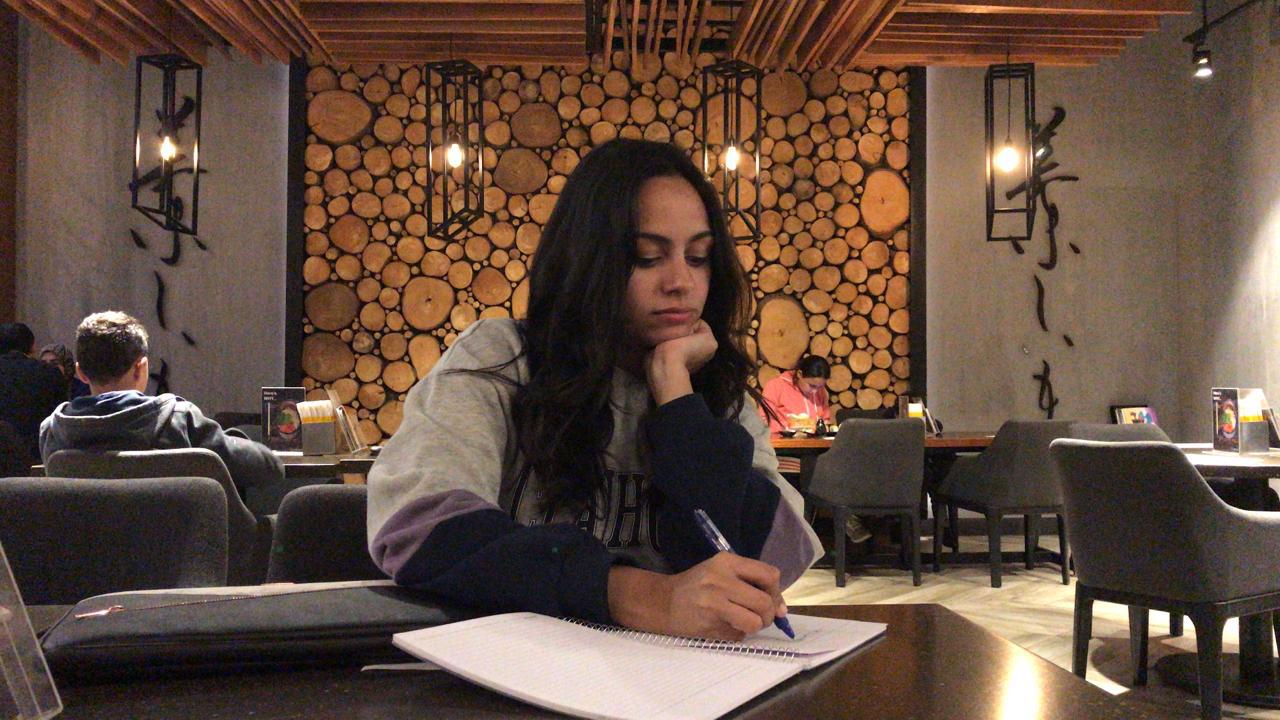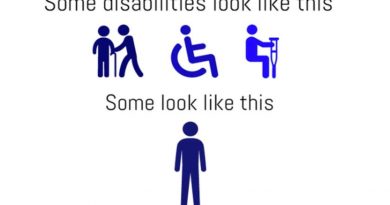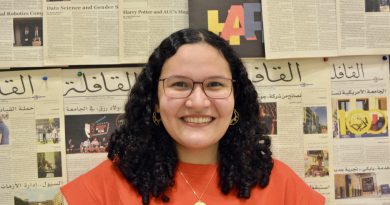Want to Become a Writer? Try These Tips
By: Nada AlNaggar
@NadaWahba10
Take a look around, find the beauty in the mundane and vividly recall it, now pick up the pen and write it all down.
There are three main foundations that pave the way to creative writing; the existence of a safe space where writers can openly share their thoughts and feelings, the opportunity to express vulnerability, “and finally, being a drama queen,” said Sabah Khodir, writer and co-founder of End Quote, a platform that features up-and-coming writers.
Khodir was speaking at the Literature Club’s March 10 workshop on the foundations and technicalities of creative writing.
She emphasized the importance of sharing one’s personal experiences, especially traumatic ones, when embarking on the journey of creative writing.
Once writers begin to share their traumas, they realize that people go through similar trials and tribulations. That helps writers to identify their safe space.
The fundamental reason behind anyone choosing to write is the help it offers, Khodir said.
“We write because it helps; it helps us discuss, grow, gain closure, move on, communicate, feel empathetic, and it even stops us from moral absolutism [the belief that people are either intrinsically good or bad],” Khodir explained.
But there also is a risk that writers could personify and individualize their experiences to the extent that they begin to view their trauma as an exclusive journey, hindering their ability to express themselves through writing.
“People go through very similar traumas, so when you’re expressing your trauma you don’t feel that guilt and shame that comes with it,” Khodir said.
“Knowing how to use it [writing] as a tool to communicate is very important. Feeling as though you can’t share your trauma will undeniably create a blockage,” she added.
Writer’s block is a serious obstacle for almost all writers, but one of the mistakes many make is to wait for inspiration to overcome the creative impasse.
“This is extremely counterproductive as a writer. To maneuver around a writer’s block is just to start,” Khodir said.
Giving oneself the freedom to write anything without harshly critiquing it is a good place to start in order to deal with writer’s block.
“Not every single time you write something it’s going to be brilliant. You have to allow yourself to write something subpar,” she said.
Khodir introduced the free writing technique where one consistently writes whatever comes to mind without worrying about the spelling or grammar to accentuate the flow of thinking and train the brain to overcome writer’s block.
She also stressed that everyone is born with creativity, which is derived from memory, located in the frontal lobe in the brain, but the difference is in how people access it.
“The writer’s brain, and their ability to access information, is as in shape as an Olympian’s body. So it is a sport, you are constantly exercising and training yourself to be better at vocalising your thoughts. You can learn to be better at it,” she said.
Justin Kolb, assistant professor of English and Comparative Literature at AUC, agrees with the notion that one needs to be vulnerable in creative writing because it gives the writer a challenge in which they have to stretch beyond their comfort zone to overcome it.
“In order to write something interesting, you have to expose yourself to criticism and take the risk that it won’t be received in the way you want. Take a chance and gamble a little bit,” he said.
Kolb told The Caravan what he thinks constitutes a good creative piece.
“What makes it creative writing is that it tries to do something more than just convey a certain set of information or arguments. It is also trying to add some kind of aesthetic element, it tries to provoke an emotional response in the reader,” Kolb said.
Bushra Hashem, vice president of The Literature Club, an AUC graduate and a writer, believes telling stories with purpose is key to successful writing.
“I would say I’m the kind of writer who gets more inspired by the past – like mythology, history, even memory – than the present or the future. I like to to give a voice to people who are not represented,” Hashem said.




